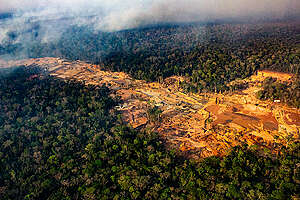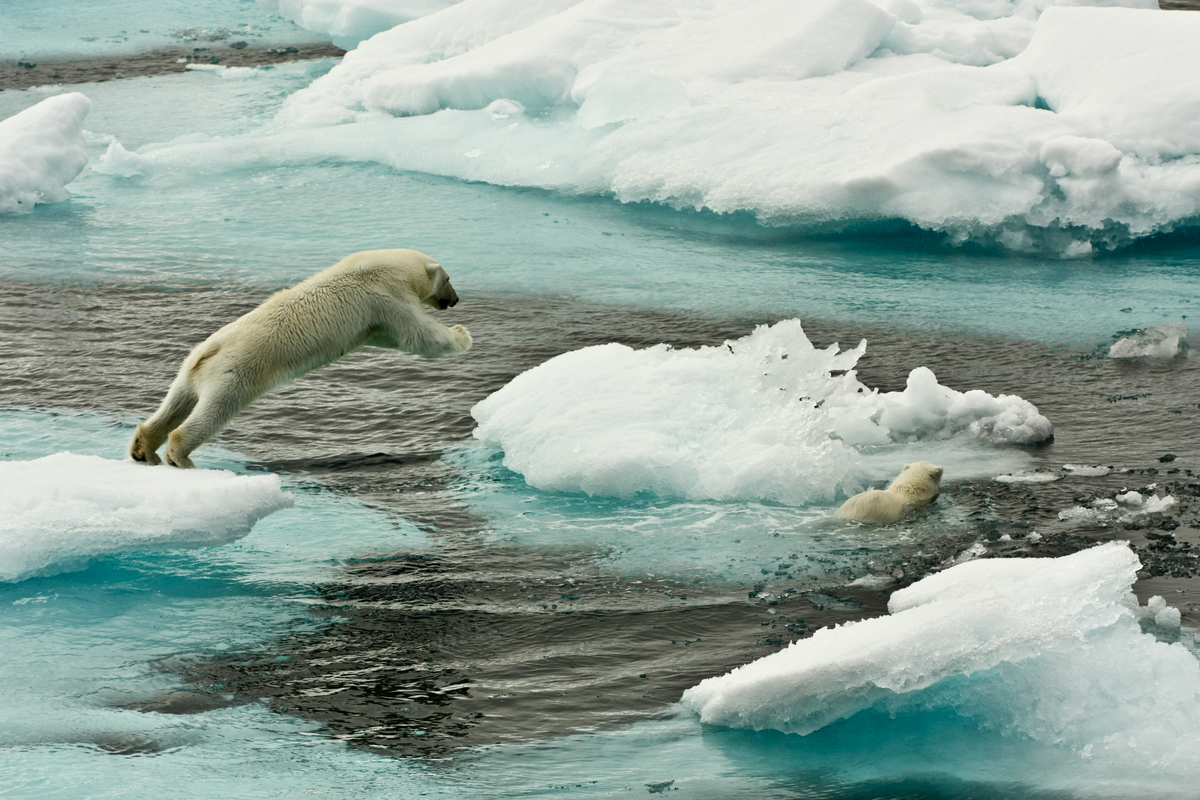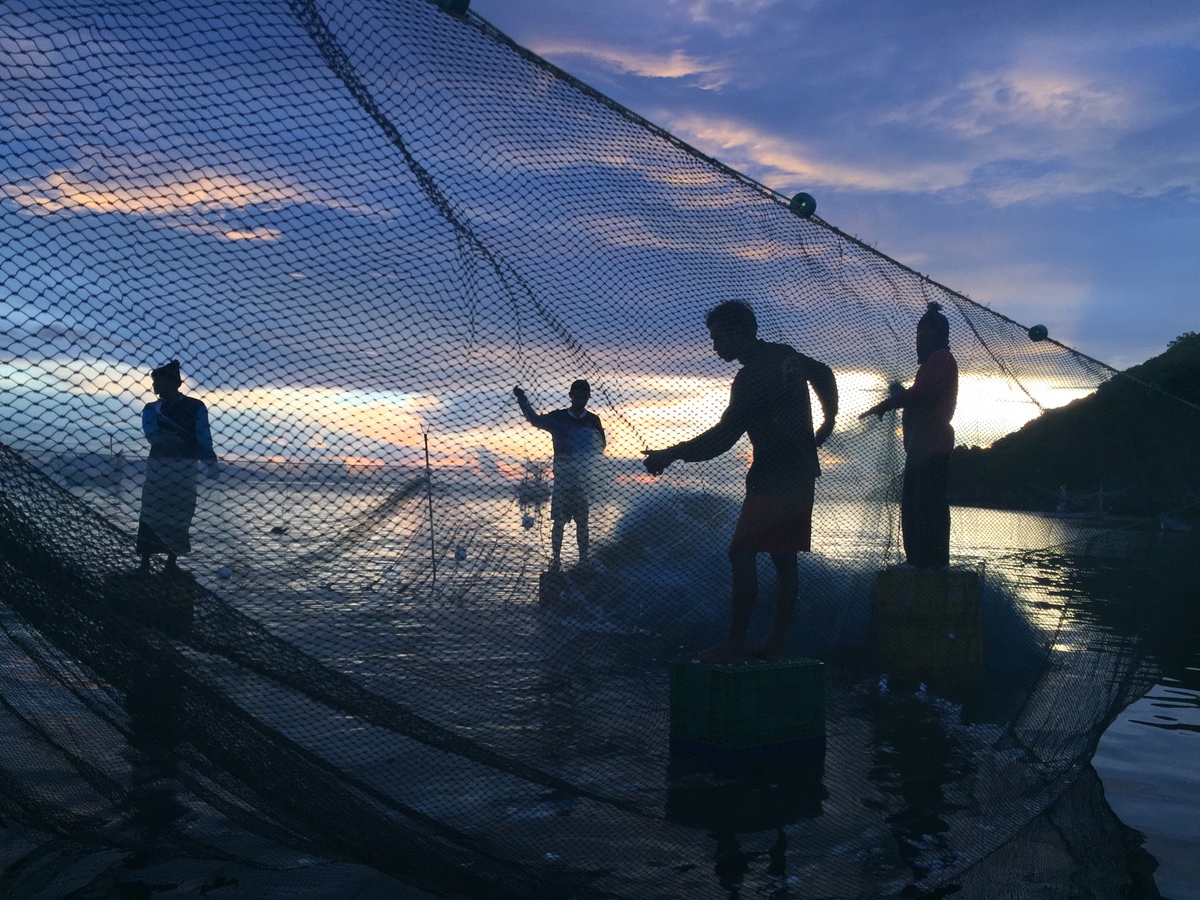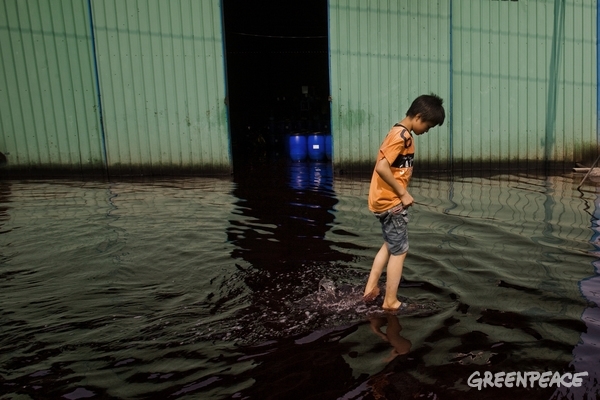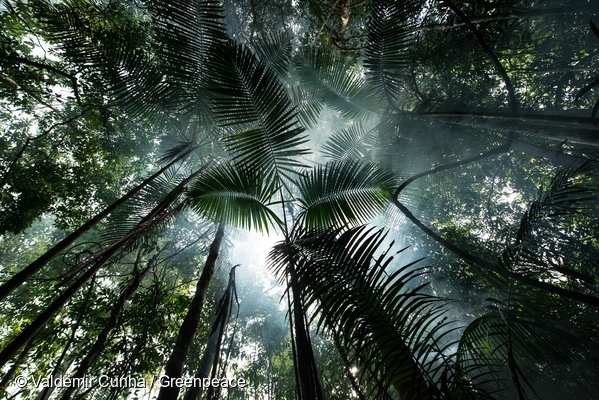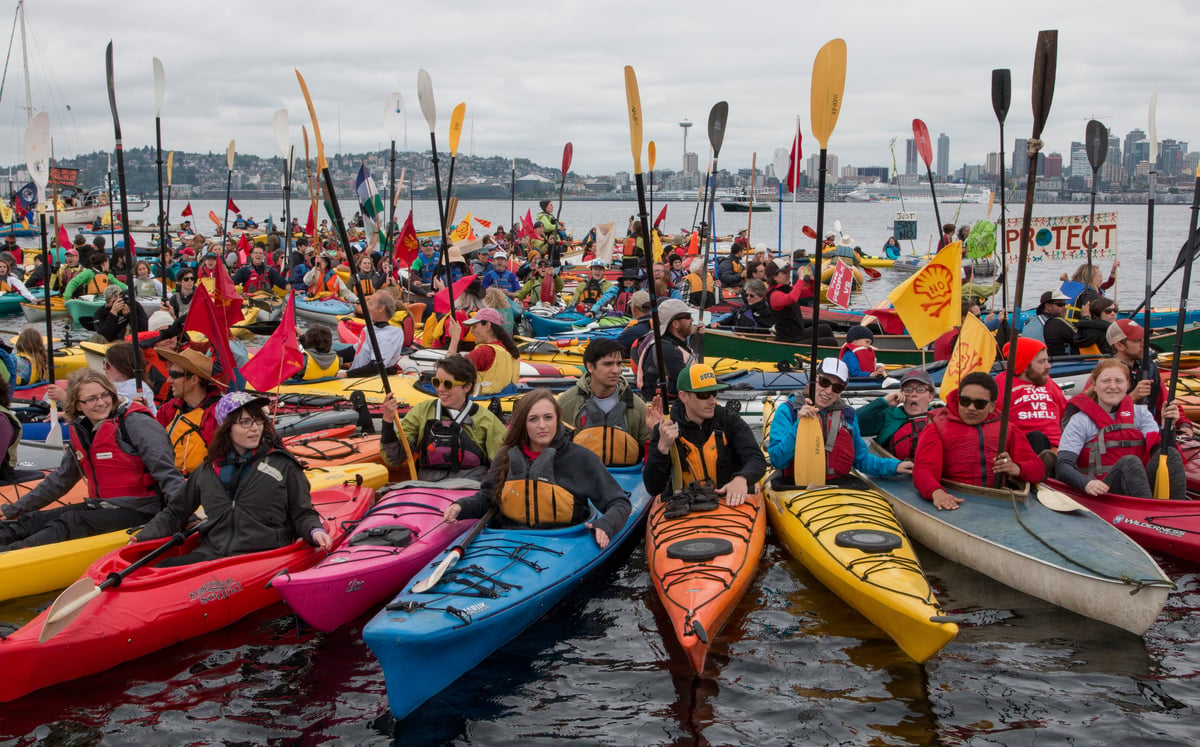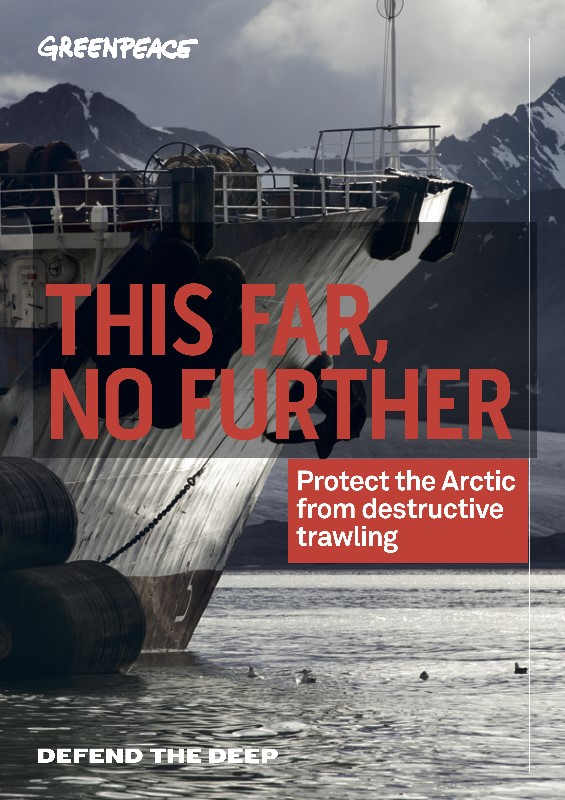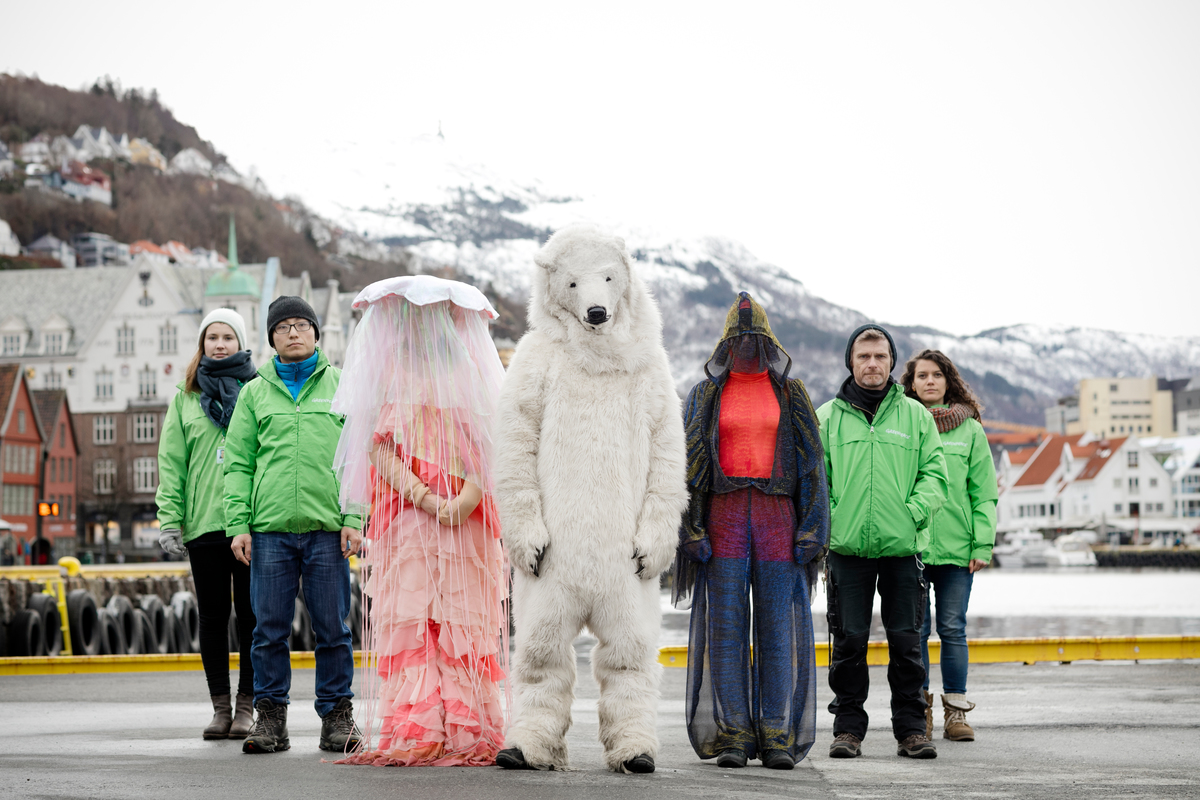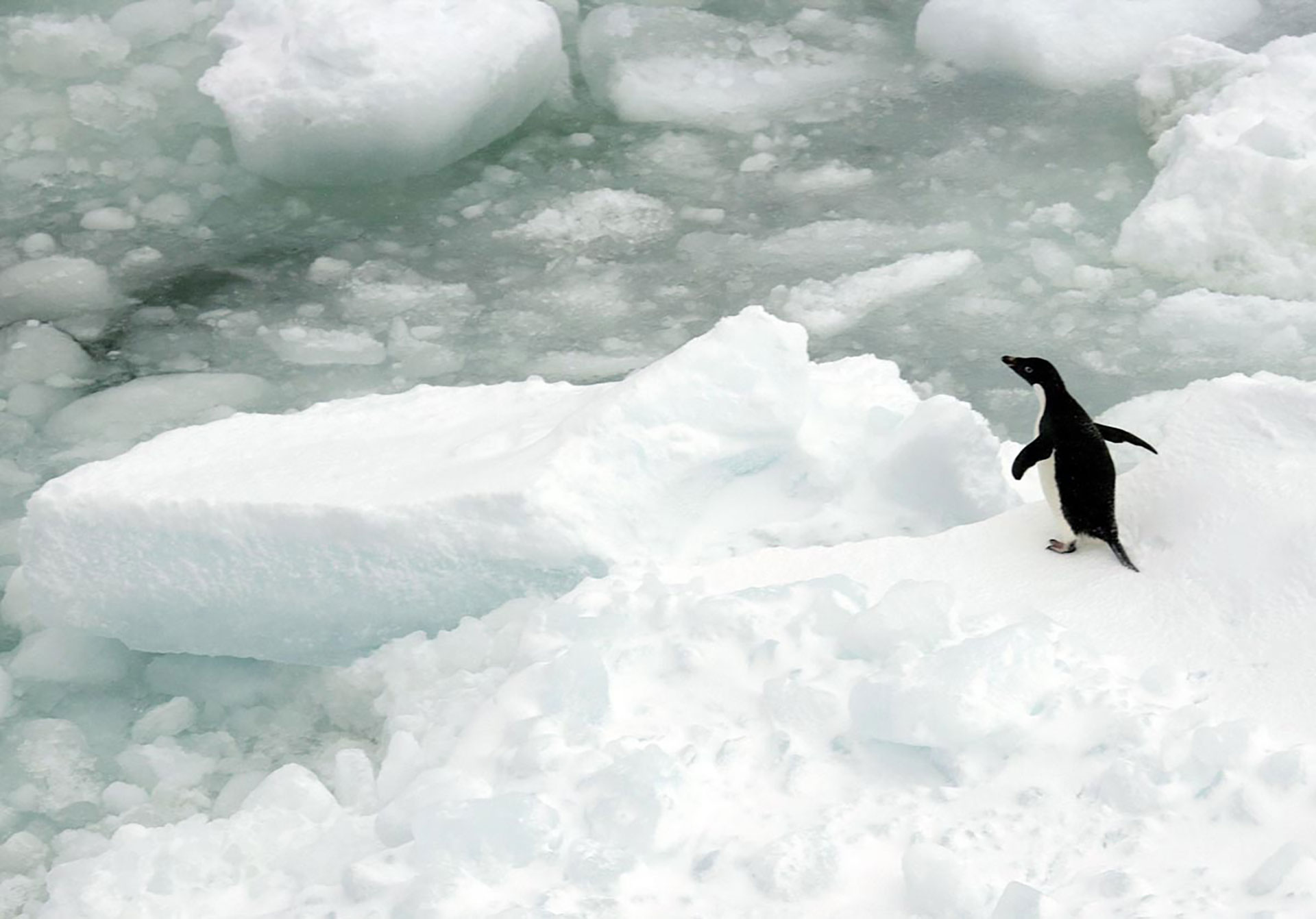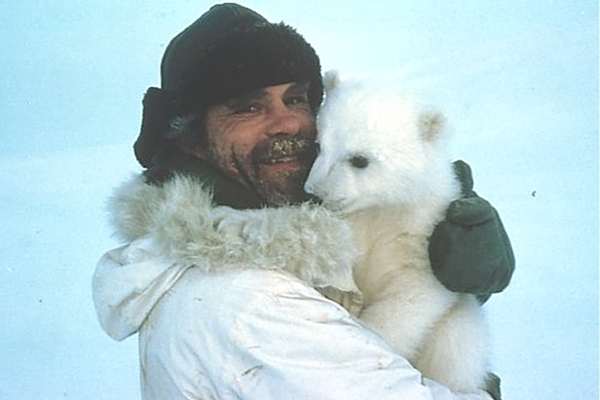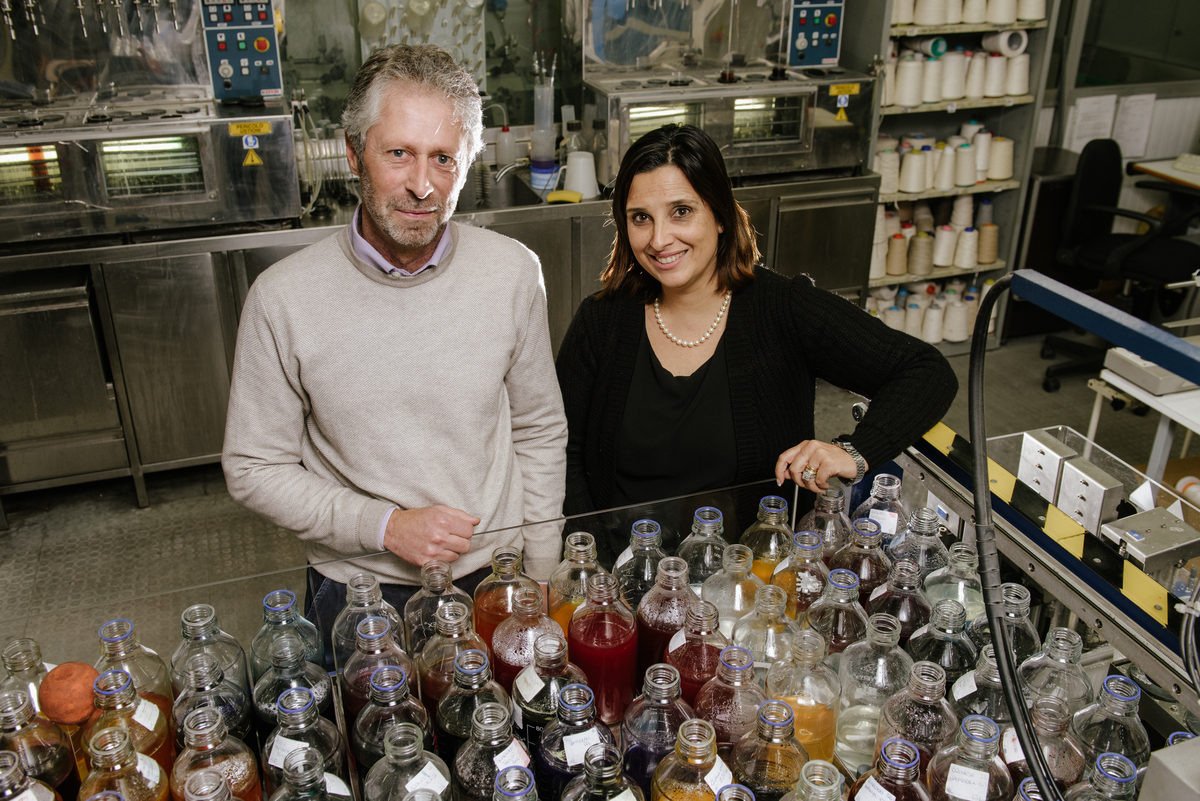All articles
-
Can a new ocean treaty protect the Arctic?
Two thirds of our oceans are beyond national borders and belong to all of us. But right now it’s like the wild west out there – the oceans and seabeds are at the mercy of reckless exploitation because existing ocean law focuses far more on the right to exploit, than on any duty to protect.
-
Ice loss, the beauty of the Arctic and the threat of fishing fleets
Together we kicked out Shell; seven million people across the world stopped Shell’s expansion into the Arctic in 2015. Later in the year nations came together in Paris and signed a historical agreement for the climate. These events are clear signs that the world is entering a new era where fossil fuels made extinct, making…
-
Make-or-break moment for Arctic protection
This week, an unremarkable event can play a remarkable role to protect life in the Arctic.A part of the permanent ice cover on which life in the Arctic depends can soon be protected from destructive activities. If this protection is to become reality, a group of people must now make the right decision.OSPAR is the…
-
Interview with a polar bear expert
This year, celebrate International Polar Bear Day by learning more about these amazing animals from a scientist who has studied them for decades. Thor S. Larsen is a pioneer in polar bear research.

